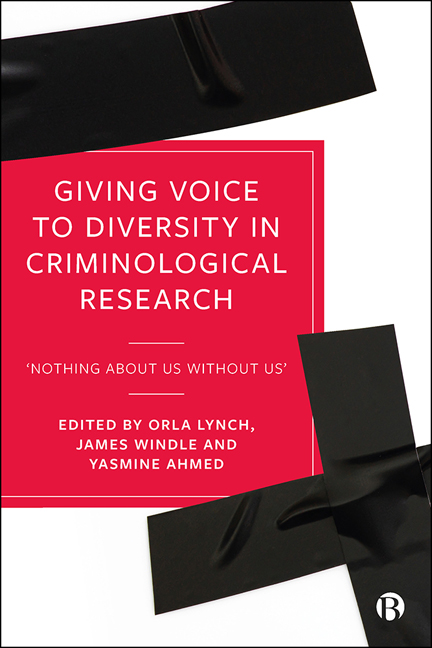13 - The Inside-Out Prison Exchange Program®: Its Origin, Essence, and Global Reach
Published online by Cambridge University Press: 13 May 2022
Summary
Inside-Out should come with a warning label – in big black and yellow letters: Warning: may cause severe damage if taken internally. We have seen, first hand, the kind of damage the program can do to preconceived notions, stereotypes, and most importantly – ignorance. … Inside-Out has acted, for many of us, as a kind of eye-exam for the soul, forcing us to realize what we believe and why we believe it. And we now realize that our vision was never 20/20. We leave here with a little better vision. (Outside student)
It began by chance – an idea tossed into the universe – and then it took hold. It has been unstoppable ever since.
This article provides a description of, and reflection on, The Inside-Out Prison Exchange Program®, a unique, groundbreaking initiative that brings people together for in-depth dialogue about issues of social justice. Since the program described herein is centered on the power and importance of dialogue, voices of inside and outside students, as well as instructors, from across the globe and across time, are included throughout, providing somewhat of an imaginary dialogic conceit and illustrating the depth of this experience beyond what my words could ever express.
Here is how it started. I have been going into prisons and jails several times a week since 1985 as a volunteer, a social worker, and, finally, as an educator. In 1992, I began teaching in the Criminal Justice Department at Temple University in Philadelphia, PA, taking my students into correctional facilities multiple times each semester. In 1995, I took one of my classes to the state prison in Dallas, PA, for a tour, and we met with a panel of men who were incarcerated there.
What ensued was a surprisingly nuanced, complex conversation, about crime and justice, race and class, philosophy, psychology, and social issues – generating a sense of depth that belied its 45-minute length. This astonishing moment in time inspired one of the men on the panel, Paul Perry, to suggest that we do this as a semester-long class. While we couldn't do it at the prison in Dallas (it's three hours from campus) I told him that I would think about it, and did so immediately upon returning home from the trip.
- Type
- Chapter
- Information
- Giving Voice to Diversity in Criminological Research‘Nothing about Us without Us’, pp. 253 - 266Publisher: Bristol University PressPrint publication year: 2021



